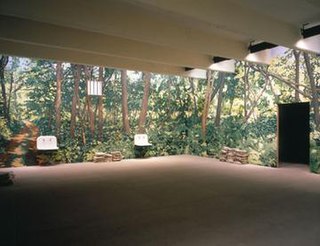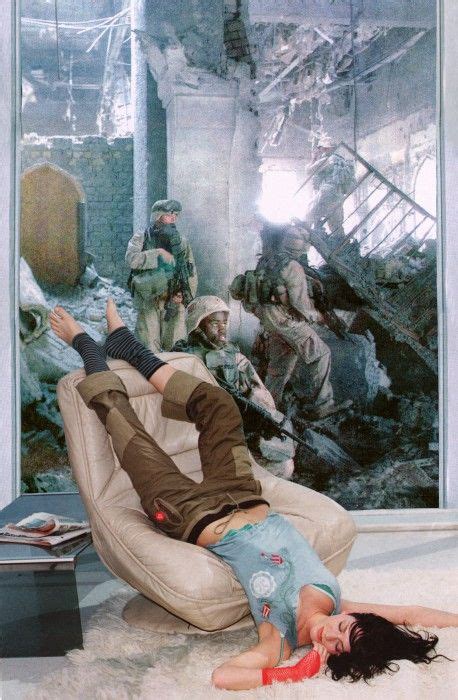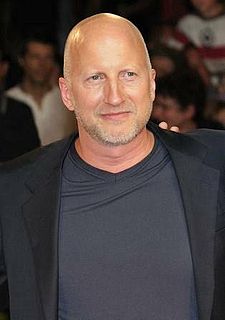A Quote by Stephen Malkmus
I like visual imagery in my head.
Quote Topics
Related Quotes
...There are issues worth advancing in images worth admiring; and the truth is never "plain," nor appearances ever "sincere." To try to make them so is to neutralize the primary, gorgeous eccentricity of imagery in Western culture since the Reformation: the fact that it cannot be trusted, that imagery is always presumed to be proposing something contestable and controversial. This is the sheer, ebullient, slithering, dangerous fun of it. No image is presumed inviolable in our dance hall of visual politics, and all images are potentially powerful.




































